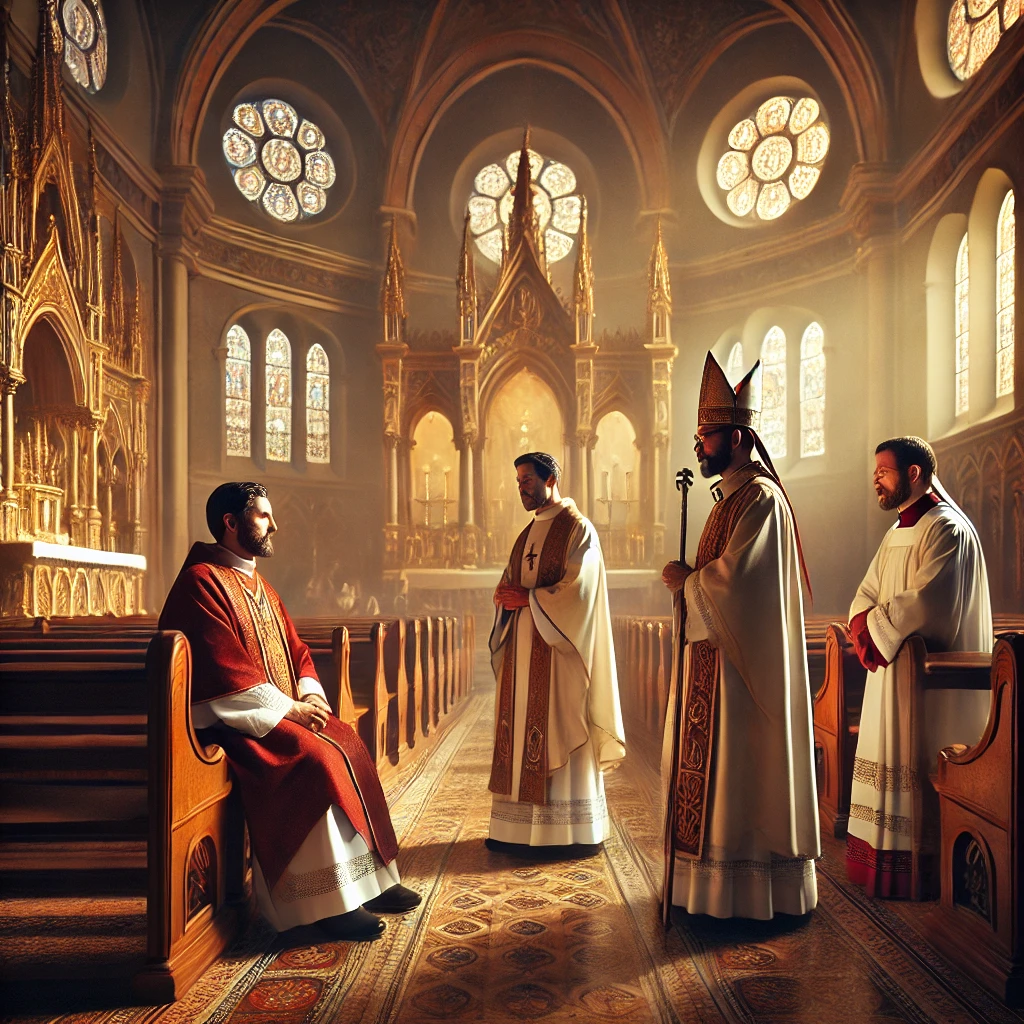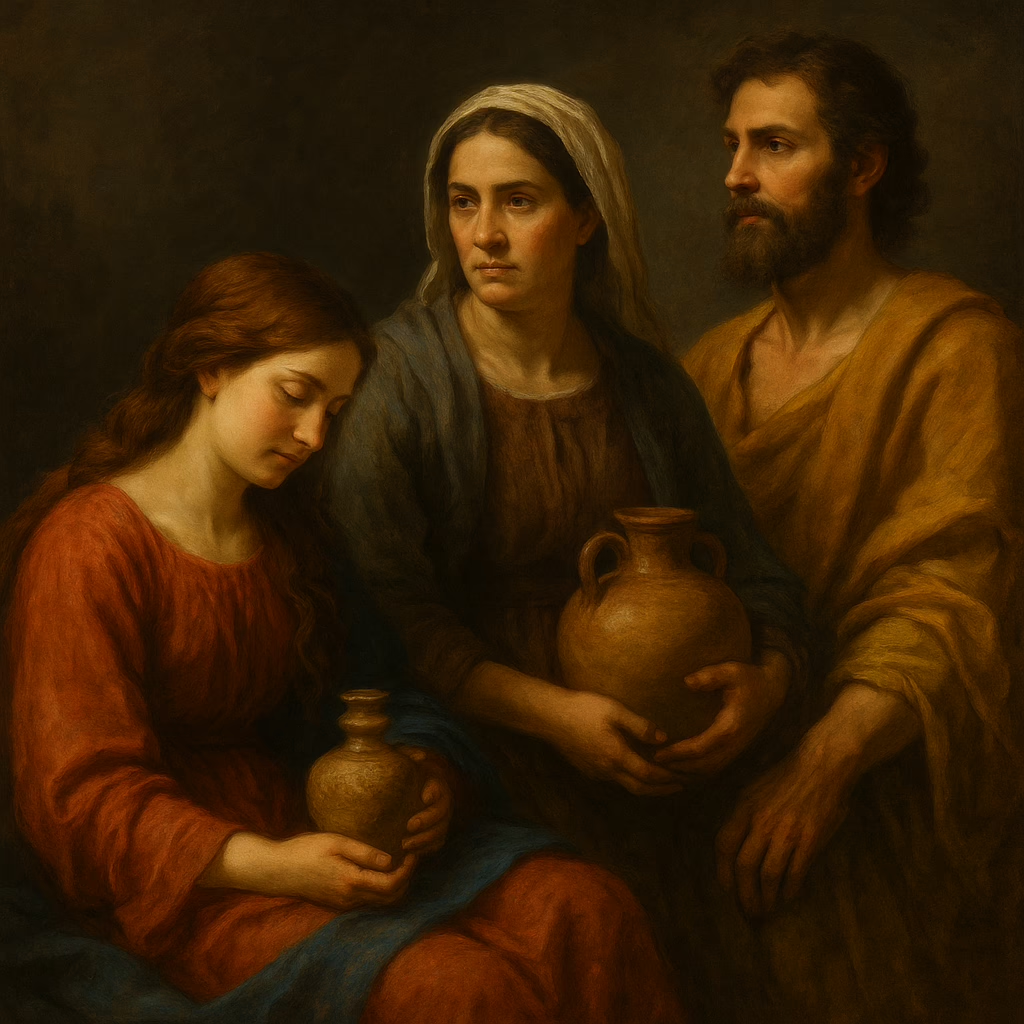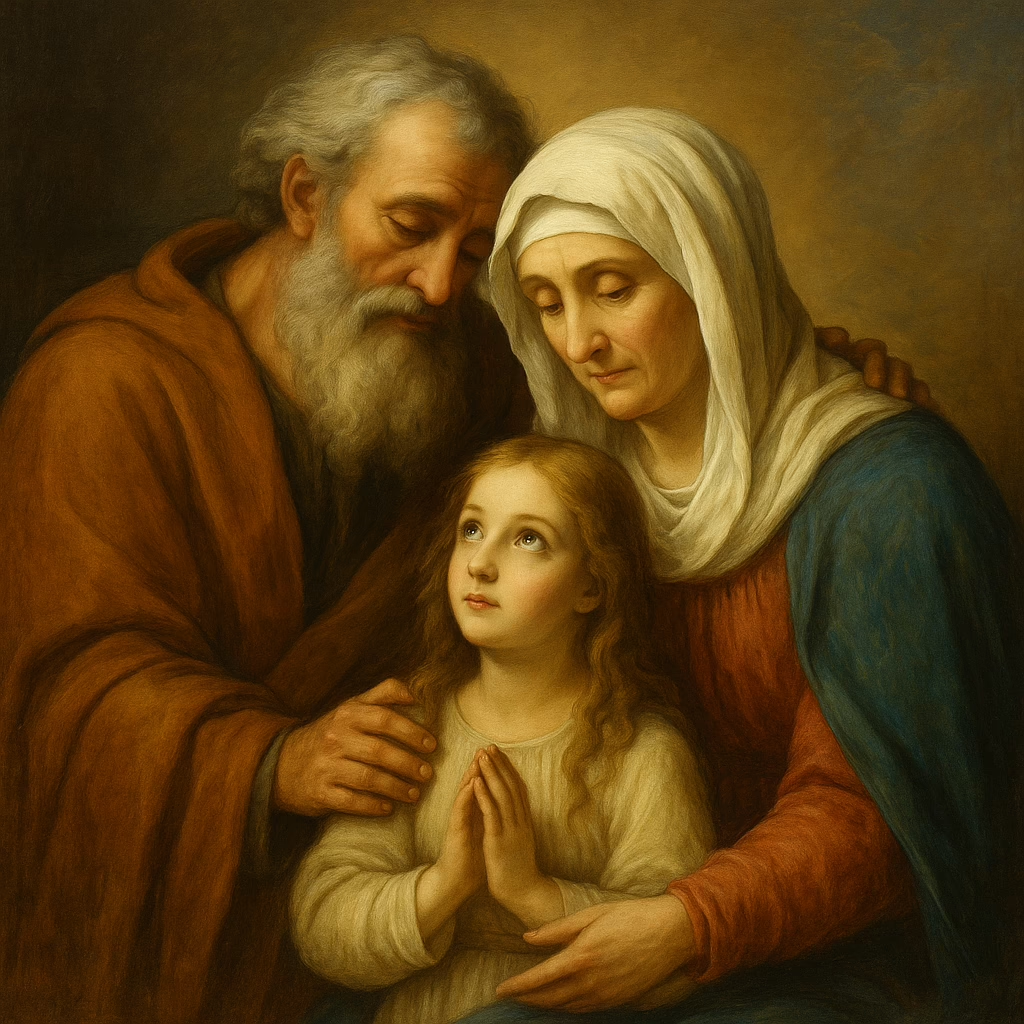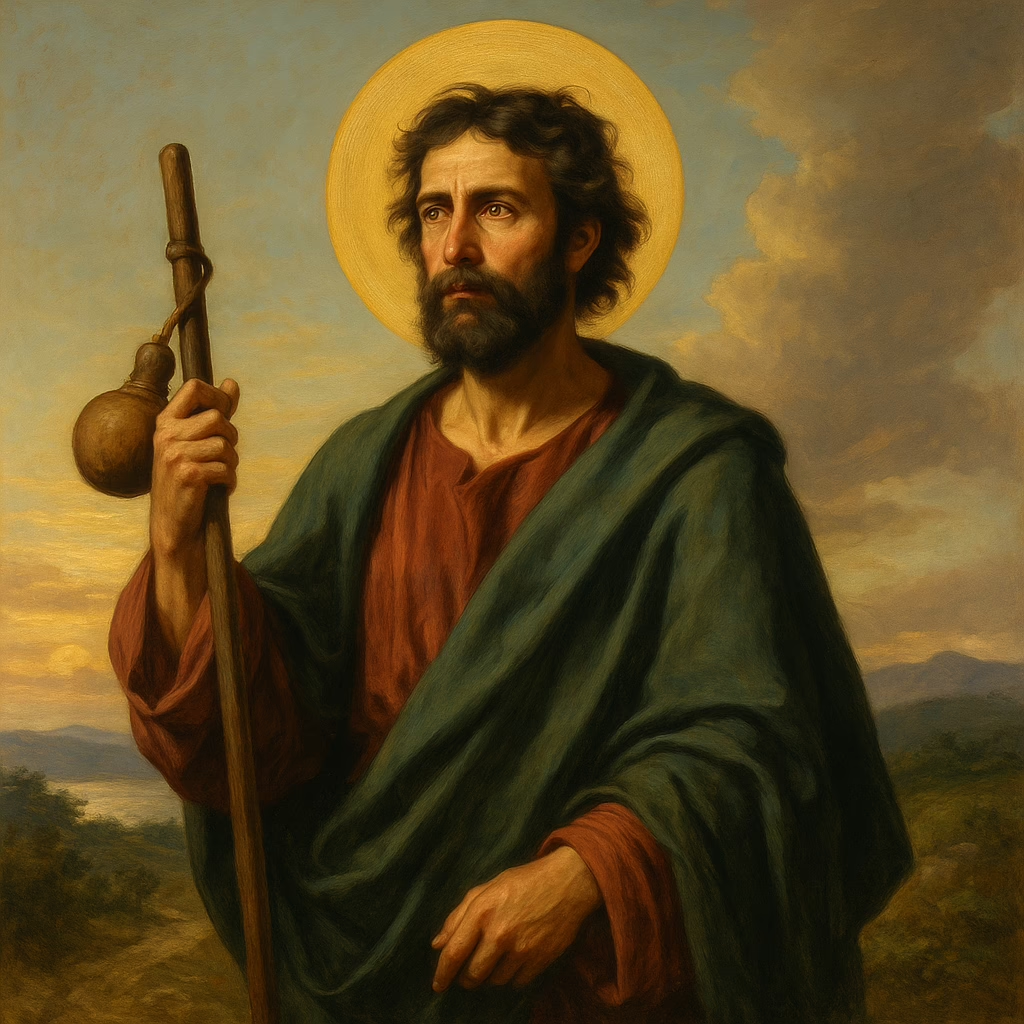The Use of Ecclesiastical Titles in Catholicism: A Theological Examination
Introduction
In the ongoing dialogue between Catholic and Protestant communities, one debated topic is the use of ecclesiastical titles such as 'Monsignor' and 'Vicar.' These titles are often emblematic of deeper theological divergences related to church hierarchy, authority, and tradition. In this examination, we will explore Protestant objections to such titles and provide a Catholic response rooted in scriptural interpretation, apostolic tradition, and historical context.
1. Objection: Protestant Emphasis on Egalitarianism and Scriptural Interpretation
1.1 Protestant Objection
Many Protestants advocate for a more egalitarian approach to church governance, voicing concerns about hierarchical structures that seem to contradict the New Testament. They often cite scriptures such as 1 Peter 2:9, which refers to the "priesthood of all believers," and Matthew 23:8-12, where Jesus instructs His followers not to seek titles of authority. These verses are interpreted as endorsements of simplicity in leadership, free from the trappings of titles that may promote a sense of superiority among church leaders.
1.2 Catholic Response
The Catholic Church responds to these concerns by highlighting the biblical foundation for ecclesiastical hierarchy found in apostolic succession. For instance, Acts 6:1-7 describes the early apostles delegating duties through the ordination of deacons, establishing a precedent for a structured ministry. Further, Ephesians 4:11-12 speaks of Christ giving "apostles, prophets, evangelists, pastors, and teachers" to equip the Church, evidencing a divinely sanctioned diversity of roles and responsibilities.
1.3 Supporting Evidence
To further substantiate the Catholic position, we can turn to the writings of the Church Fathers:
"For it is necessary to obey those who are the successors of the apostles, who indeed have been entrusted with the administration of the Church."
— St. Clement of Rome, First Epistle to the Corinthians
Historically, ecclesiastical titles developed to reflect these scriptural roles and to facilitate effective governance within the Church. The use of titles like 'Monsignor' recognizes service and leadership within the Church's structure, honoring those who have dedicated their lives to its mission.
2. Objection: Protestant Concerns about Clericalism and Tradition
2.1 Protestant Objection
Another prevalent concern is clericalism, where a rigid hierarchy might impede the church's spiritual vitality and communal equality. Protestants tend to focus on function over title, wary of traditional practices that they perceive as obscuring the direct mission of the Church as exemplified in the New Testament.
2.2 Catholic Response
In contrast, Catholic theology holds that tradition complements scripture, forming a unified source of divine revelation essential to the Church's life and governance. Ecclesiastical titles like 'Monsignor' are seen not as mere honorifics but as functional, acknowledging a minister's role and responsibility within the Church's hierarchical system. These titles aid in maintaining the continuity and unity of the Church's teaching authority, resonating with the scriptural emphasis on orderly governance.
2.3 Supporting Evidence
Catholic doctrine affirms the role of tradition through the lens of scripture:
"So then, brothers and sisters, stand firm and hold fast to the teachings we passed on to you, whether by word of mouth or by letter."
— 2 Thessalonians 2:15
Building upon this, theologians like St. Thomas Aquinas emphasized the importance of tradition for ensuring doctrinal integrity throughout generations.
Conclusion: Finding Common Ground and Understanding
In conclusion, while the Catholic and Protestant communities hold differing views on ecclesiastical hierarchy, there is room for mutual understanding and respect. Both traditions originate from a desire to adhere faithfully to the teachings of Christ and His apostles. By appreciating each other's perspectives, we can deepen our dialogue and encourage a richer exploration of Christian unity and church governance.
We invite readers to delve further into Catholic teachings and traditions, engaging more fully with the Church's theological foundations. For those interested in exploring these topics more deeply, works such as the Catechism of the Catholic Church and writings from the Church Fathers provide invaluable insight.






Leave a Reply